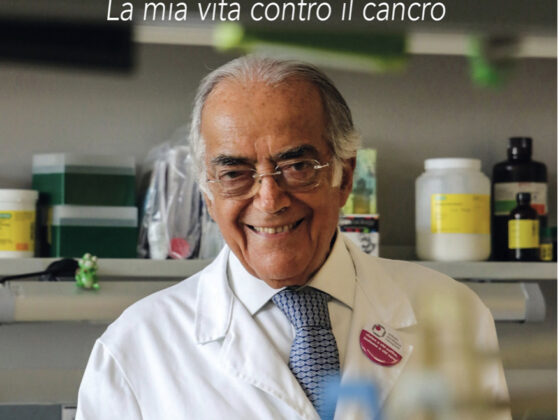COVID-19 outbreak poses a severe threat to the health of millions of people worldwide, including cancer patients. What do we know about SARS-CoV-2 infection in this specific population? The analysis of data coming from a prospective cohort established by the National Clinical Research Centre for Respiratory Disease together with the National Health Commission of the People’s Republic of China provided some initial information.
The first analysis to assess the risk for severe COVID-19 in patients with cancer, whose results were recently published in Lancet Oncology (https://doi.org/10.1016/S1470-2045(20)30096-6), was conducted on 1.590 cases of laboratory-confirmed COVID-19 acute respiratory disease collected from 575 hospitals. 18 (1%) of 1590 COVID-19 cases had a history of cancer. The most frequent cancer type was lung cancer (28%). One out of four patients with known treatment status had received chemotherapy or surgery within the past month, the remainder were cancer survivors in routine follow-up after primary resection.
Patients with cancer had a higher risk of severe events (i.e. admission to ICU, invasive ventilation, death) compared to patients without cancer. Severe events were more frequent in patients that recently received chemotherapy or surgery. Among patients with cancer, older age was the only risk factor for severe events. Lung cancer did not increase the probability of severe events more than other cancer types.
A group of researchers from Zhejiang University School of Medicine, Hangzhou, P.R. China published a letter in Lancet Oncology (https://doi.org/10.1016/S1470-2045(20)30150-9) with some noteworthy comments about the described analysis. Huahao Shen and colleagues pointed out that a small sample size with a large amount of heterogeneity was analysed. While acknowledging that this was largely due to contingency, they warned about the generalisability of results. Moreover, 13 (72%) of 18 patients with cancer had a history of surgical resection, therefore a role of surgery in patient’s susceptibility and prognosis cannot be excluded.
Shen et al. hypothesized that the reported increased risk of severe events may have a link with the higher rate of smoking history in the 18 patients with cancer. “Data have shown that tobacco use significantly increases the gene expression of angiotensin-converting enzyme 2, the binding receptor for severe acute respiratory syndrome coronavirus 2, which could explain the elevated susceptibility to COVID-19 in smokers – they wrote – Furthermore, cigarette smoking is the leading cause of chronic obstructive pulmonary disease, which has been identified as an independent risk factor in severe COVID-19 cases”.
A conclusive association between cancer and COVID-19 will only be possible when sufficient data will be gathered, they warn.












